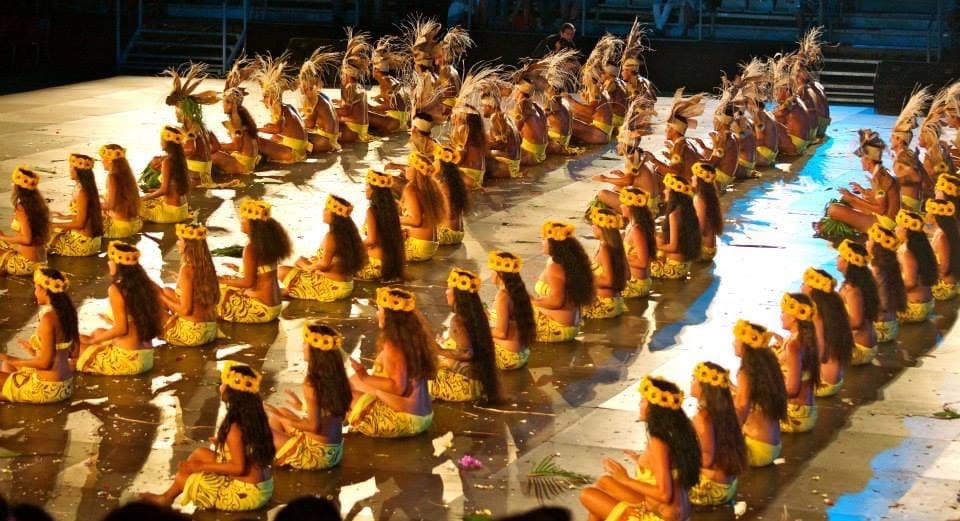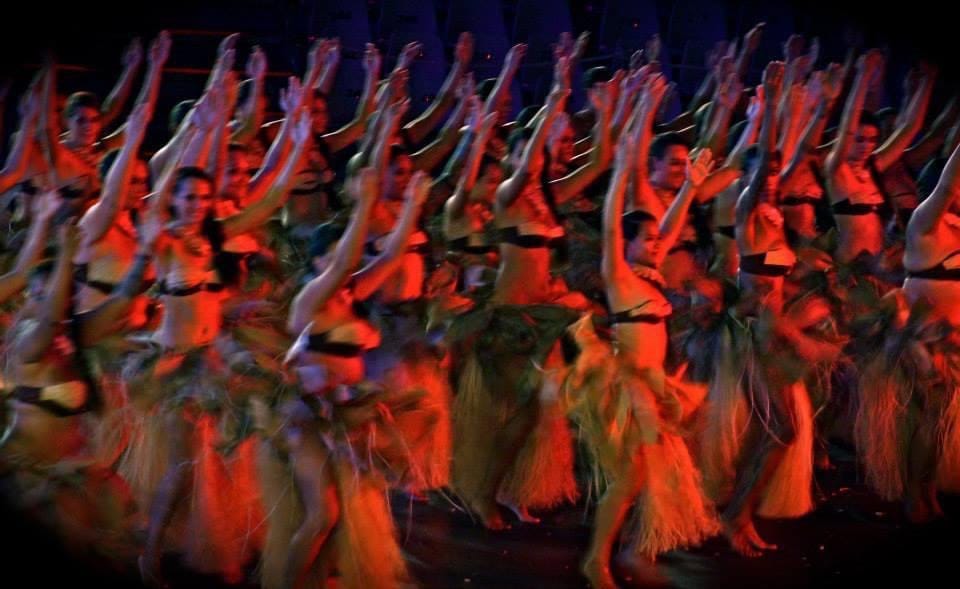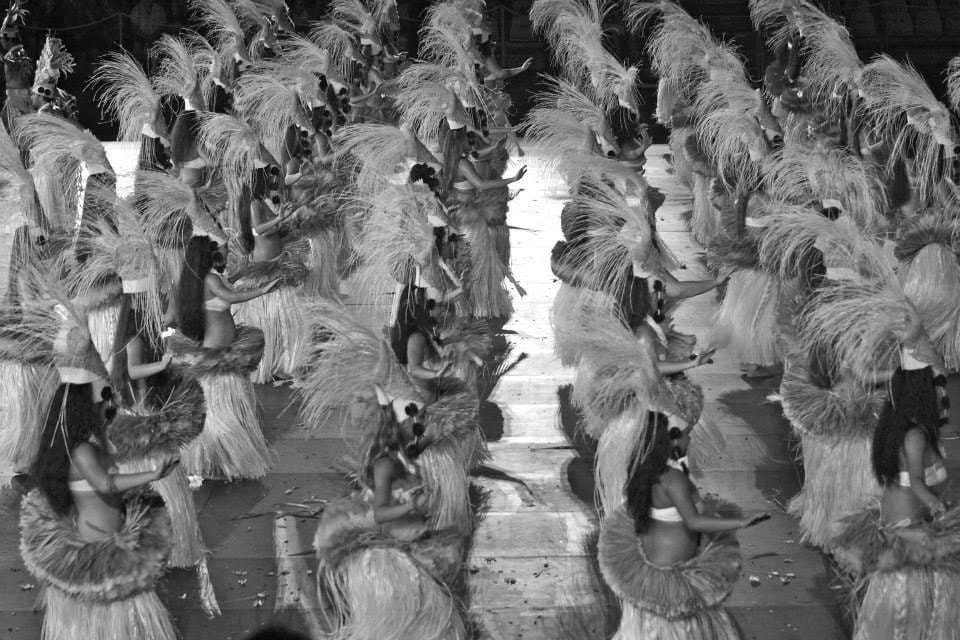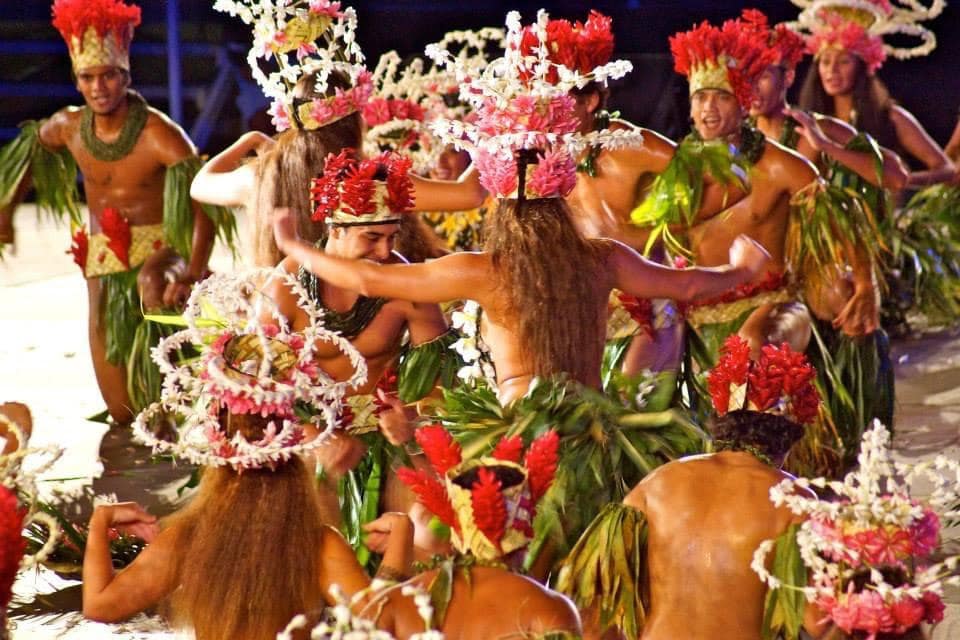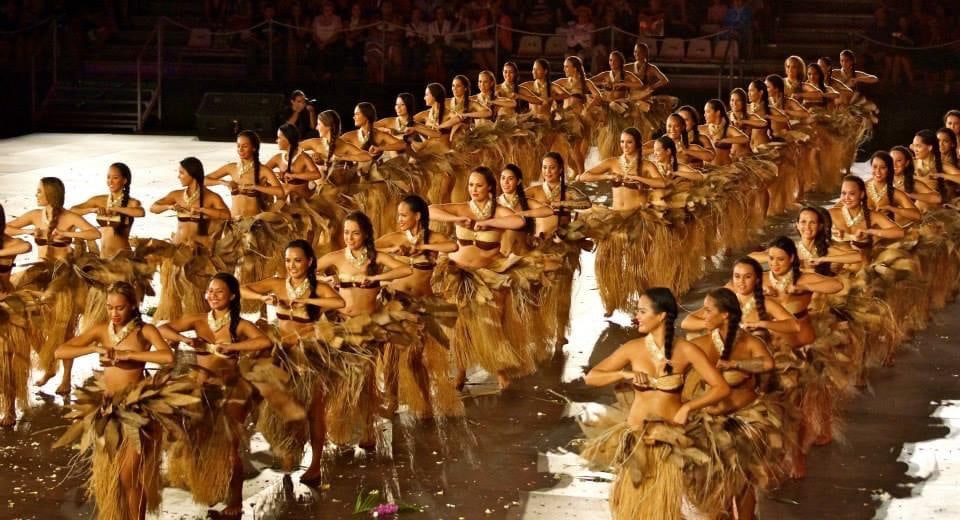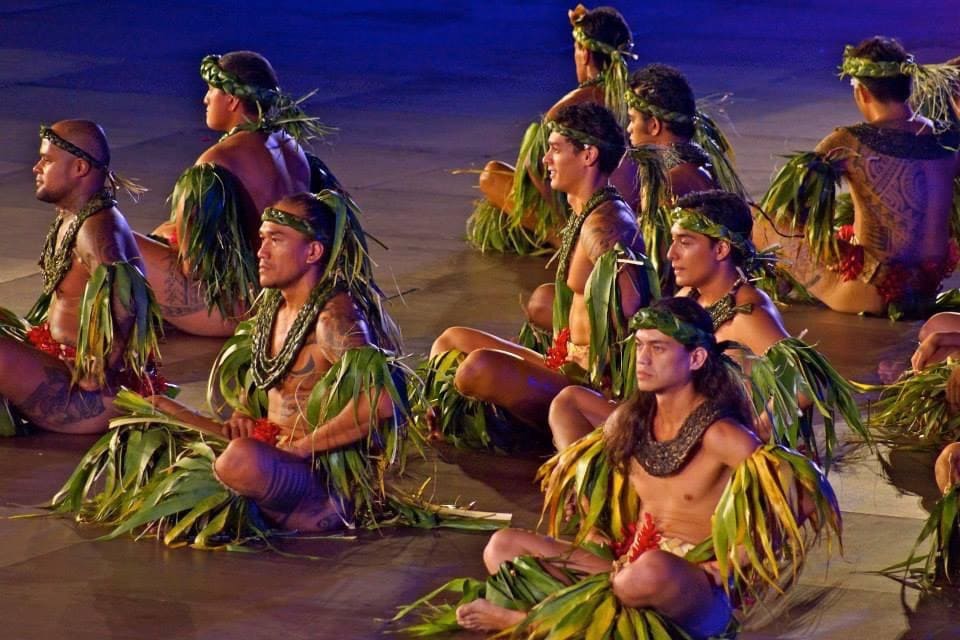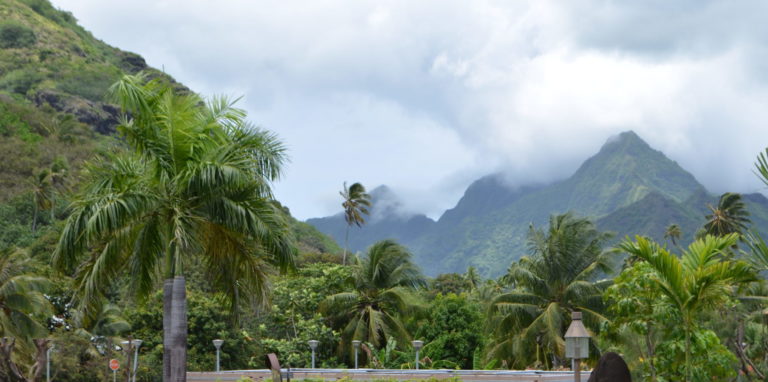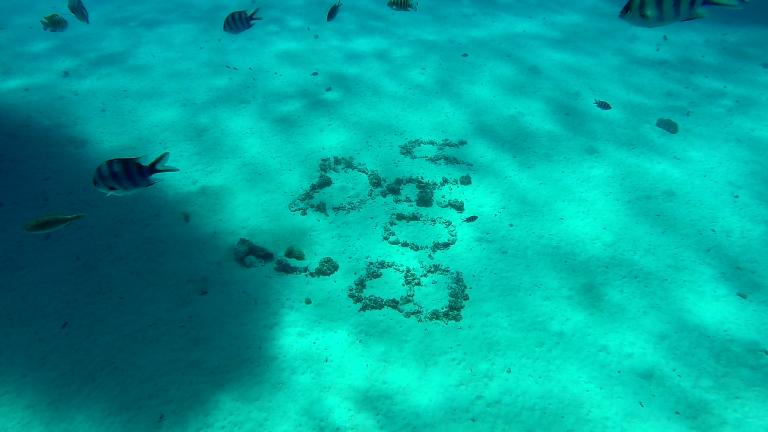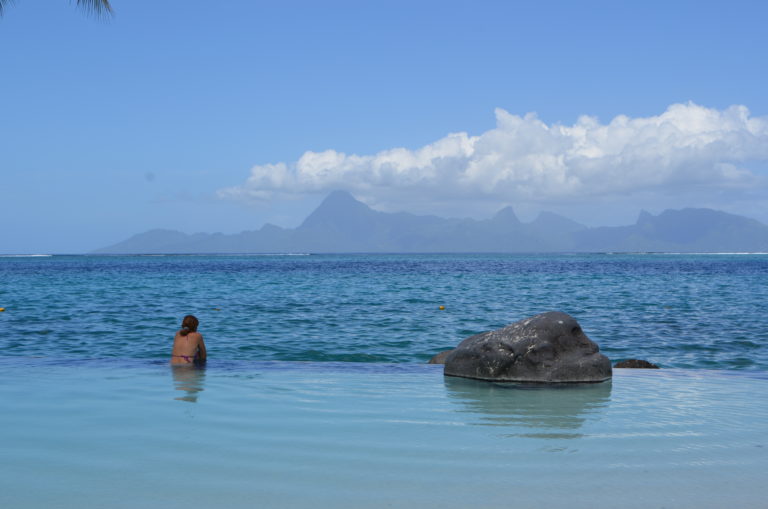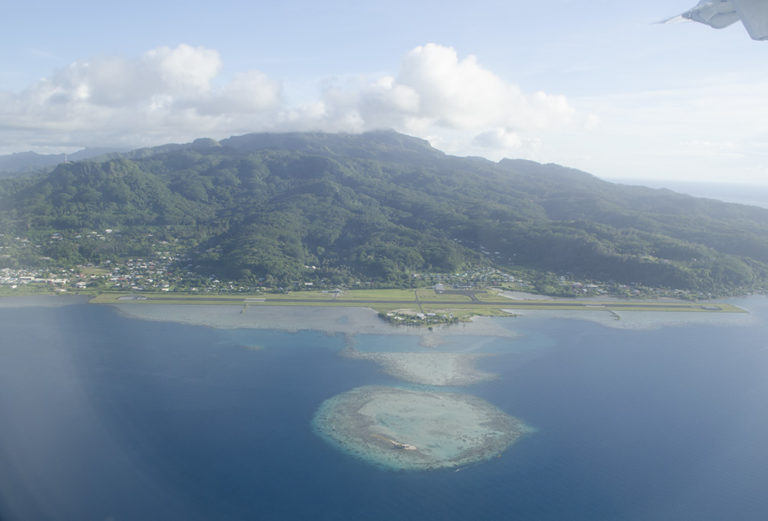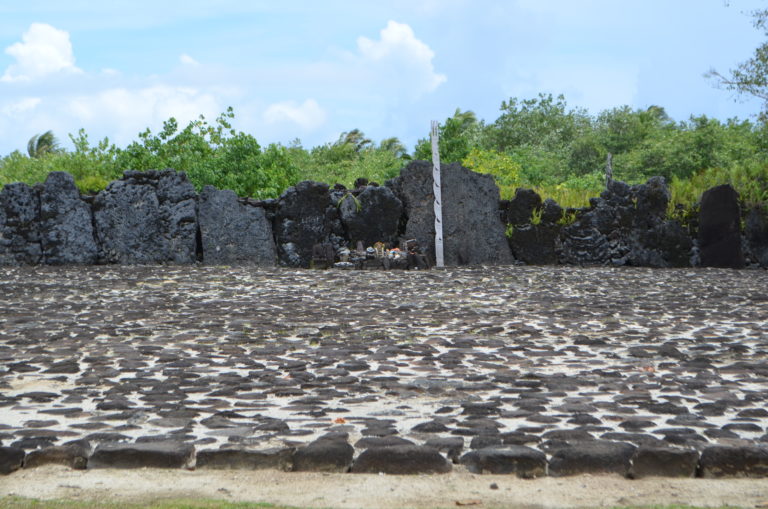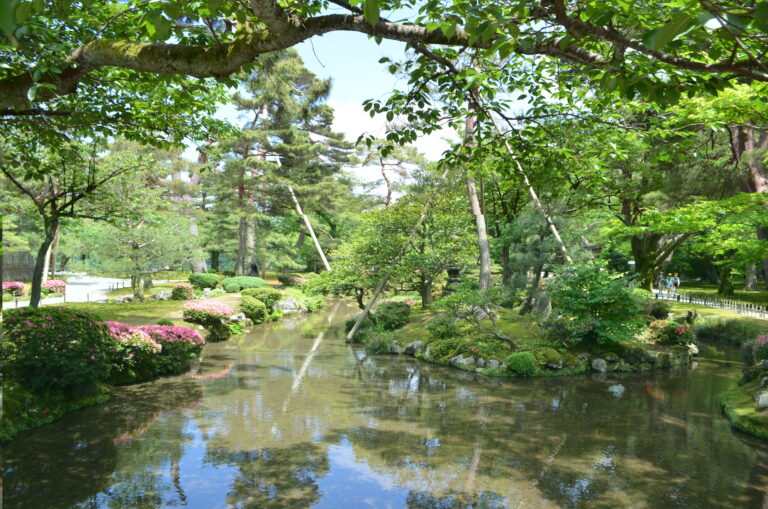Festival Heiva Tahiti, what you should know
If you are in French Polynesia in July you have to assist to this Festival, Polynesian dances are wonderful but The Heiva I Tahiti Festival is at the top level. Don’t miss the opportunity to enjoy this festival, here will let you what you should know about it.
What is Heiva i Tahiti?
The Heiva Festival of Tahiti is an enchanting celebration of Polynesian culture that takes place annually in the mesmerizing islands of French Polynesia. With its origins deeply rooted in history, this vibrant festival showcases the unique traditions, arts, and vibrant spirit of the Tahitian people. From its beginnings as a modest cultural event to its current grand scale, the Heiva Festival has become an integral part of Tahiti’s identity, attracting visitors from around the world.
Origins of this Festival
The Heiva Festival traces its origins back to the 19th century when French colonizers arrived in Tahiti. The missionaries sought to suppress traditional Polynesian customs and rituals, including dancing, music, and other cultural expressions. However, over time, the Tahitian people regained pride in their cultural heritage and began reviving their ancestral traditions. In 1881, the first Heiva Festival was held, initially known as “Tiurai,” as a way to reclaim their cultural identity.
At this festival, every community organizes a huge traditional dance and music performance. Actually, almost everybody has at least participated once at this festival. The preparation is incredible, the customs are just amazing, and they work palms, flowers, and tissues, by themself, for beautiful results.
When is the Heiva and Why is interesting?
The Heiva Festival spans several weeks and is a highlight of the Polynesian calendar. The event usually takes place during the months of June and July, coinciding with the South Pacific’s winter season. It last around 15 days. The festival is centered around two main components: traditional sports competitions and spectacular cultural performances (dance, music and songs).
The heart and soul of the Heiva Festival lie in its breathtaking cultural performances. Local dance groups from different islands and communities in French Polynesia come together to compete in various dance categories (individual, groups, and communities), they usually choose a theme and work around it.
The main highlight is the ‘Ori Tahiti (Tahitian dance) competition, where dancers captivate audiences with their graceful movements, vibrant costumes, and rhythmic beats. Each performance narrates tales of ancient legends, mythological stories, and daily life in Polynesia. The festival also features singing competitions, traditional music performances, and art exhibitions, showcasing the rich artistic heritage of the region.
Where to see the Festival and how?
The main performances are in Tahiti, in the Espace To’ata. You have to buy the tickets online, here is the link for this year: Billeterie Maison de la Culture . The tickets are made available every day.
If you want to know the entire program, here is the information: Programme
Some island performances dances and sports competitions related to the Heiva Festival, it is the case of Bora Bora or Raiatea.
Bora Bora organizes a kind of their own festival, the Bora Bora Heiva during July, on the place Tuvavau (the main place of Vaitape on the main island). If you are on the island during this month don’t miss it. It is not as big that the Tahiti one but it is the opportunity to enjoy real traditional dance, music, and percussion performances.
Ask for information to your hotel or host.
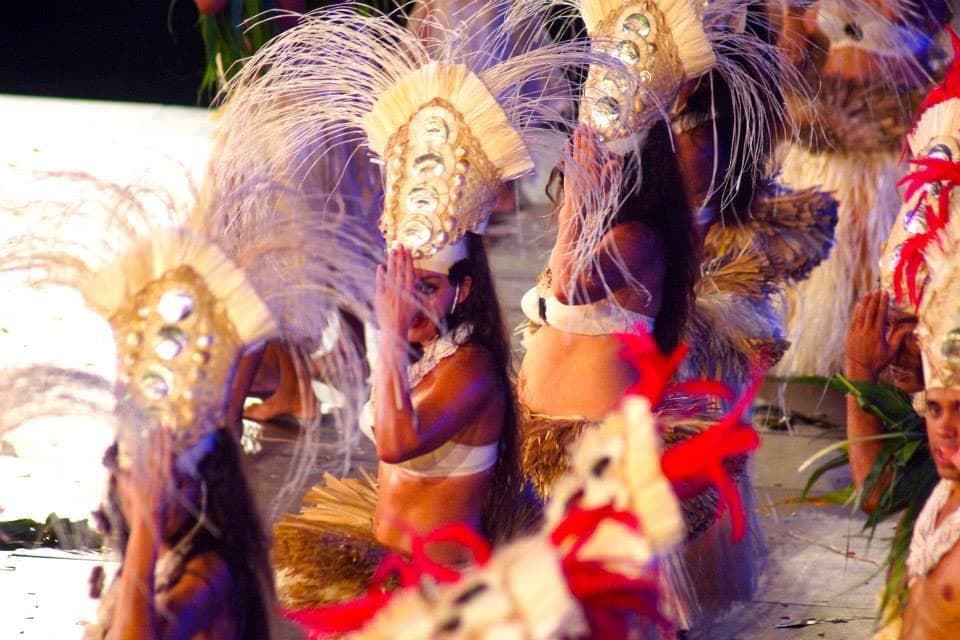
The sporting side of the Festival
The festival kicks off with a series of athletic competitions that test the strength, agility, and endurance of participants. These competitions include traditional activities such as Va’a (outrigger canoe) races, stone lifting (Tu’aro Ma’ohi), javelin throwing, the walk on fire (Umu Ti) and traditional wrestling known as ‘urai. The sports competitions showcase the physical prowess of the Tahitian people and pay homage to their ancestral traditions.

